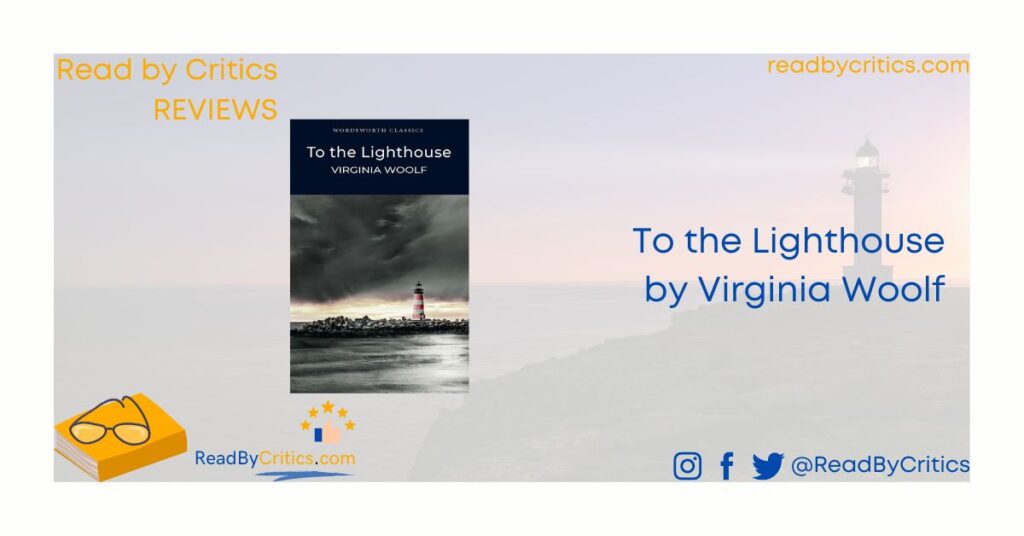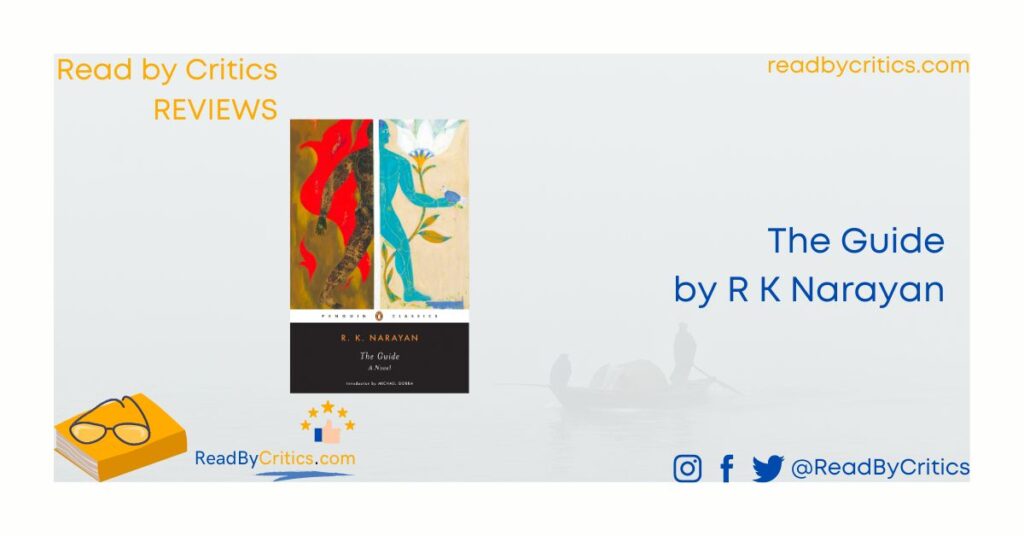If there is one thing Russian that we all appreciate, around the world without any hesitation, it is Russian classic literature. Whether it is those tragic realisations written in prison or prolonged intellectual posturing during the tears of war, short stories that pierce directly into our hearts or towering forts of unexcelled non-fiction, Russian classic literature has always enjoyed respect from global readers. Well, in the modern world, amidst contemporary readers, and in today’s circumstances, how relevant are those lofty ideals set by Russian literary figures? A re-investigation or just a careful observation according to modern measures is more than demanded. And let us begin with the mammoth piece itself, the voluminous work by Leo Tolstoy and, to me, a gargantuan endeavour unfulfilled – War and Peace by Leo Tolstoy! In this article, I will critically review this novel.
First of all, it is undoubtedly Leo Tolstoy’s magnum opus. War and Peace stands as a towering monument of literary achievement by many standards and is revered by many as a pinnacle of the Russian literary canon. While the classes I attended as a literature student compel me to appreciate the literary genius of Leo Tolstoy without even reading the novel, many of the Russian critics I studied inspired me to approach the work with a critical attitude, weighing every paragraph of this work on their merit rather than accepting it as something. After all, isn’t it meant to be the job of a critic? This celebrated work of realistic fiction commands unmatchable respect in the world of literature, earning an eternal name for Tolstoy. However, while Tolstoy’s ambition and scope cannot be denied, a critical examination of War and Peace does reveal a disheartening dichotomy. I might see it as a triumph of ambition marred by fundamental flaws in both its writing style and plot. And as always, I respect those who view otherwise. However, before you shun me without reading this article, I request you to go on and read it. Just let me plead my case and then you are more than welcome to make your opinion.
Case 1: Prolixity Without Purpose:
The problems with notions without self-verification are too many! While it is beyond the scope to doubt the writing style, sophistication and literary understanding of Tolstoy, it is certainly within the frontiers of literature to critically examine the same. Tolstoy’s writing style, polished for sure, descends, eventually, into the realm of excessive verbosity. The novel’s staggering length, spanning well over a thousand pages, is a testament to Tolstoy’s unwavering dedication to detail. And it earned its appreciation through the centuries. However, at the same time, this devotion to minutiae, especially in regard to military campaigns and historical contexts, often strays into monotonous digressions that detract from the central narrative, thus pushing readers of today into boredom and disenchantment. The constant barrage of tangential information overwhelms the reader, castrating the novel’s impact and obstructing a true engagement with its characters and themes. In short and in a few direct words, the length extends beyond the purpose of the storyline (and thus derails the very notion of a novel… while slowly descending into the genre of semi-fictional history).
Case 2: A Multitude of Characters, Yet a Lack of Depth:
I remember reading War and Peace. I also remember losing track of characters. I even remember forgetting the names and roles of characters as one chapter ends and another begins. With the introduction of a sprawling cast of characters, each with its own arcs and relationships, it becomes difficult for general readers to keep track of events, associated impacts, and everything else. However, Tolstoy’s grand tapestry of personalities fails to transcend the superficial. It is to be noted, though, some characters do shine briefly with memorable traits, yet the majority remain underdeveloped and merely serve as embodiments of Tolstoy’s historical and philosophical musings. (And musings, ah, even in translation, are more than amazing to read… albeit to those who enjoy poetry in prose!) The lack of genuine emotional resonance, coupled with the overwhelming quantity of characters you merely can keep count of, renders their experiences and dilemmas ultimately inconsequential and rather meaningless to readers, leaving traces of lost packets of connections that could never be fully established! Did Tolstoy make a mistake? We cannot conjecture that!
Case 3: A Sinuous Plot:
Twists are the things we like the most about movies, novels and stories. However, there are times when too many twists or too twisty twists become too perplexing to enjoy. Consequently, they rather end up confusing us and killing the connection with the plot. The same stands true in the case of War and Peace, a landmark novel in the history of literature. Its ambitious premise promises an interesting exploration of the human condition amidst the backdrop of war and social upheaval. Riding on this promise, the expectations of readers are all charged up. However, Tolstoy’s plot meanders aimlessly, wanders between schemes and themes, and aided by a lack of cohesion and clarity, the story cannot resonate with many. In layman’s view, the narrative leaps between different perspectives and historical events with little regard for a unifying structure. This wavering nature of the plot makes it challenging to discern a central thematic core in the novel. Obstructing any meaningful engagement, the famous work of Russian literature leaves the reader adrift in a sea of disconnected vignettes, craving a strong narrative backbone. Do you agree with this conclusion? I have known many readers with stellar literary backgrounds who could not stir their boats of critical faculties in the heart of this sea…
Case 4: The Dearth of Intellectual Rigour:
Though War and Peace raises the expectations of readers with a promise to delve into weighty philosophical and existential questions, examining the quintessential nature of war, the complexities of human existence, and the role of historical determinism, it does not rise up to the lofty ideals that the preceding fame sets for the work. Regrettably, Tolstoy’s philosophical musings often lack the intellectual rigour to back up the high standards. The lacking analytical depth necessary to justify these profound themes makes the novel appear as a mere shadowy caricature of a potential Yeti among literary works. Novelist’s pondering on fate, free will, and the nature of historical forces does take readers into the fold for a while. However, the lack of cohesion and unity among the forces of fiction makes all these apparently superficial. Eventually, the grand potential fails to take shape and offer fresh insights or provoke meaningful introspection. Once again, to cut things short, War and Peace tantalises with grand ideas but succumbs to its cracks and fails to fully deliver on its intellectual promise.
Closing Arguments:
In the end, Leo Tolstoy’s War and Peace, though it has garnered a massive fan following and fame over the decades, does not synchronise well with the modern ambitions of readers of contemporary fiction. Unless compelled academically or charged by the ego of having read a classic Russian work of literature, seldom a person would venture into this arduous and painstaking job of flipping more than a thousand pages to find things clumsy and perplexing, in the end. A monumental work of staggering ambition, perhaps the leading one that resonates through the annals of literary history and also literal history, becomes a victim of its own grandeur! Ultimately overshadowed by a host of critical shortcomings, Tolstoy’s propensity for prolixity dilutes the novel’s impact. While its vast array of characters remains frustratingly superficial, the pain of a reader is further elevated by the meandering plot and lack of intellectual rigour in the work. I do and we must acknowledge the novel’s historical significance and flashes of brilliance, it is with a heavy heart that I concede that War and Peace falls short of fulfilling the lofty expectations placed upon it by a host of critics through centuries who have been beating the drums without noticing the beats. And yet, I am all in for reading this work… so that a reader can look for himself or herself how does a classical work of literature stand out the real-world tests with contemporary measures. You can get a copy of this work from Amazon India. Click the link below.
Get a copy of this novel – click here to go to the Amazon India page.
Review by Ashish for ReadByCritics
War and Peace by Leo Tolstoy – Book Review
-
ReadBycritics Rating
Summary
Keeping track of history amidst the chaos of war and internal conflicts within the philosophical and intellectual realms perceived by a human being isn’t a task supposed to be carried out by someone without an understanding of the world and its functions. Tolstoy attempts that! And we have to acknowledge his commendable attempt in the form of War and Peace. However, the work does have shortcomings that render it unfit for modern readers… albeit those who want to dive into the fictionalised historical records with rare glimpses of the world in those traumatic years.




